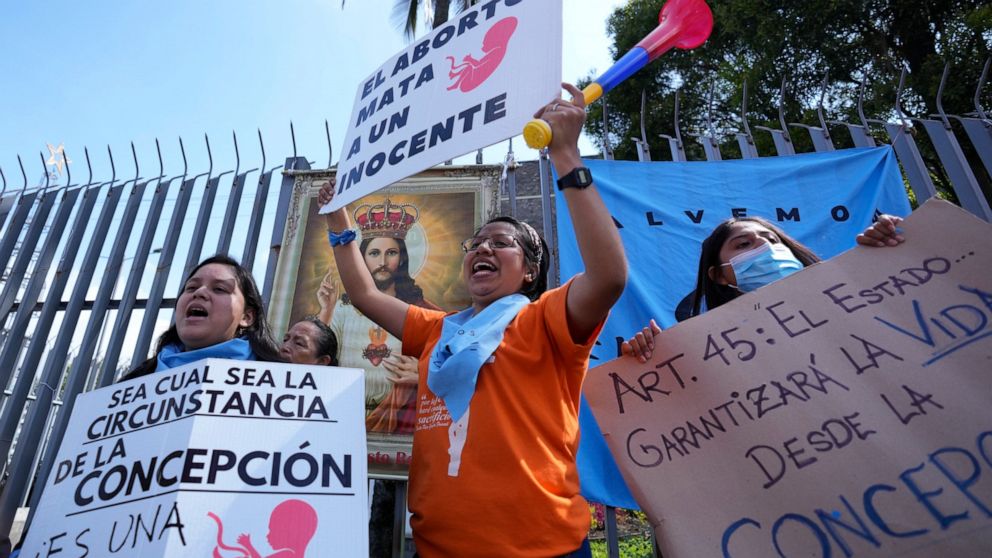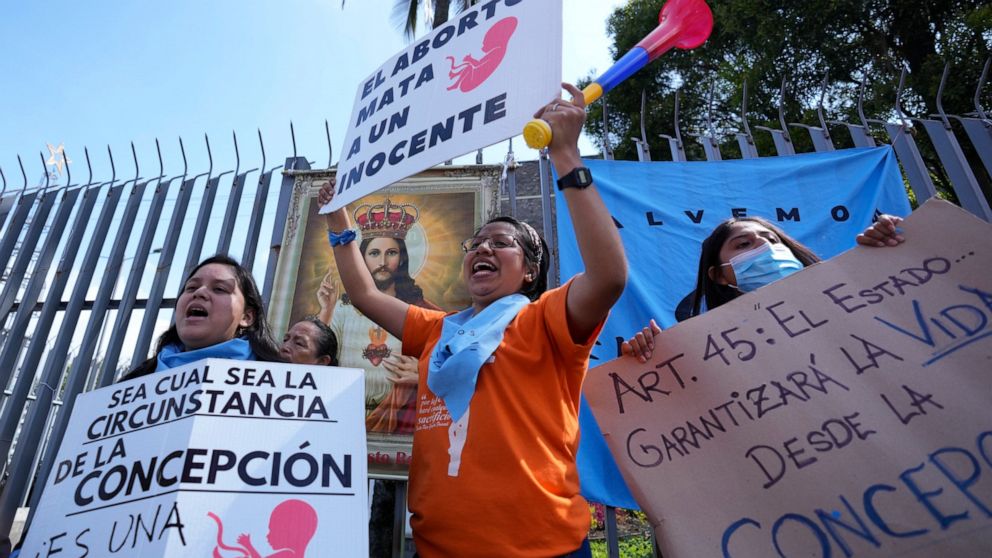
QUITO, Feb 18 (NNN-AGENCIES) — Ecuadorian legislators approved a measure Thursday setting regulations for terminating pregnancies resulting from rape, following a Constitutional Court ruling that decriminalized such abortions.
Previously, Ecuador allowed abortions only when a woman’s life was endangered by pregnancy.
Passed on a 75-41 vote, with 14 lawmakers abstaining, the new measure allows abortions up to 12 weeks of pregnancy for adult women in urban areas and up to 16 weeks for minors and adults in rural areas.
The Constitutional Court ruled last April that abortions in rape cases must be decriminalized, but left it to the legislature to implement regulations.
For the measure can become law, it must be signed by President Guillermo Lasso. There was no immediate comment from Lasso, who has defined himself as a defender of life from gestation but said during his campaign he would respect the decisions of those who do not agree with him on the matter.
Ana Vera of the Surkuna Foundation, a women’s rights activist, said a law guaranteeing the right to abortion in rape cases “will ensure the ability of women and girls to decide whether they want to continue or terminate pregnancy.”
“No woman should be forced into motherhood, but neither should she be forced into a clandestine abortion,” she said, noting that the ban on abortions has not stopped women from seeking them out.
Jaime Pallares, a member of one of the anti-abortion groups that held marches and rallies to oppose the legislation, said it was regrettable that lawmakers adopted the bill without acting to give women alternatives, such as giving up unwanted babies for adoption.
“I am adopted, they let me live. I don’t know if I am the product of great love or rape, or incest, and today I have a happy and productive life,” he said.
In Latin America, Argentina, Uruguay and Cuba allow abortions without restrictions. Bolivia, Colombia and Peru permit abortions in cases of rape or incest. Brazil, Guatemala, Panama, Paraguay and Venezuela bar abortions except when pregnancy threatens a woman’s health. Most Mexican states are also in the latter group, although some have added broader exceptions.
El Salvador, Nicaragua, Honduras and the Dominican Republic prohibit the termination of pregnancy without exceptions. — NNN-AGENCIES





